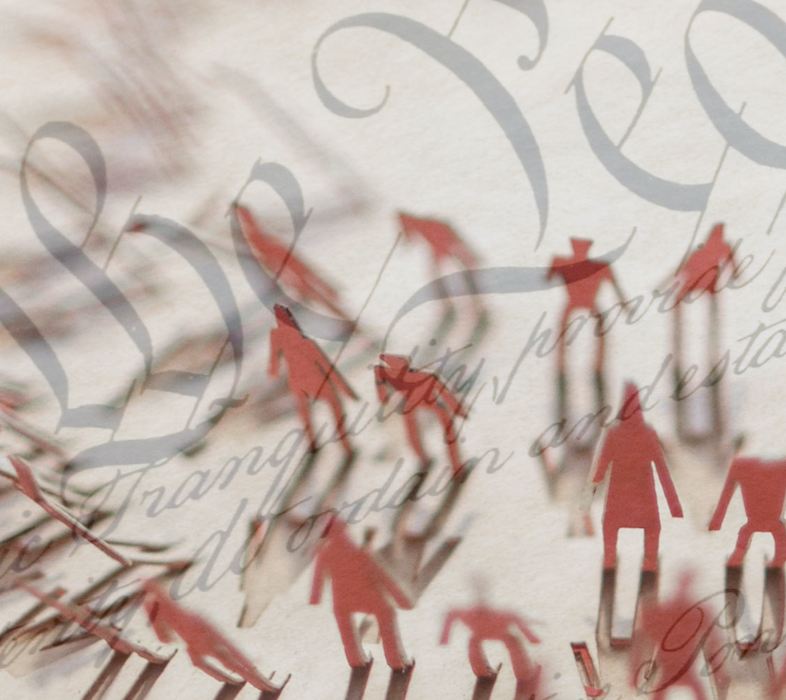By Jeremy Webber, Faculty of Law, University of Victoria
The debate over populism forces us to think harder about the meaning of popular self-rule, democratic practice, and the constitutional structures that organize and constrain that practice. The debate necessarily brings us back to constitutionalism, with that term considered in its broadest sense: not just the legal rules that confine government action, but also the institutional arrangements and ethical practices that establish government, give government its form, subject it to popular decision-making, characterize the nature and processes of that decision-making, and indeed define the people (or peoples) themselves. The debate over populism is intrinsically connected, then, to debates over other essentially contested concepts, notably democracy, citizenship, peoplehood, and the rule of law.

My discussion paper for the conference at UVic seeks to begin that process by canvassing various ways in which populism is used, identifying elements that are common in uses of the term; identifying others that are often invoked but that appear to be less universal in their invocation (elements, that is, where the relationship to populism is more one of affinity or propensity than centrality); and attempting to show how those elements are interrelated. This discussion paper is not intended to define populism. That is not what one does with essentially contested concepts. But it does seek to sketch the contours that emerge from the deployment of populism’s various elements – or, to mix metaphors, to explore the discursive ecosystem that populism helps to determine. The paper was itself developed discursively, first by a call for input to a group of faculty and graduate students engaged in the Cedar Trees Institute , and then workshopped among a group of some twenty faculty and grad students on 2 March 2020.
To be clear, the purpose of this paper is not primarily descriptive. It is undertaken in order to clarify what is at stake in populism for normative political and legal theory – or, better, not for theory but for practice: How should we conduct ourselves as democratic citizens? How should we conceive of the dimensions of our people? What are the appropriate constitutional foundations for democratic self-rule?

